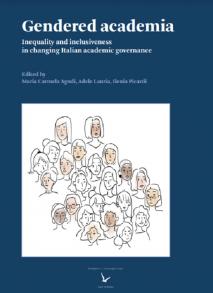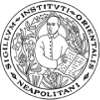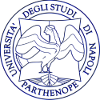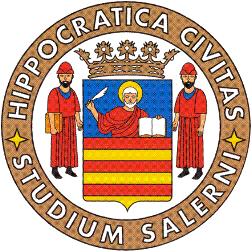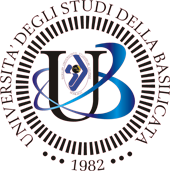Gendered academia : Inequality and inclusiveness in changing Italian academic governance
Keywords:
gender, academy, inclusiveness, career, changingSynopsis
Publisher: FedOA Press (Federico II Open Access University Press).
Pages: 123
Language: English
NBN: http://nbn.depositolegale.it/urn:nbn:it:unina-28990
Abstract: In recent decades, deep transformations have been reshaping academia and the research environment. Reforms in funding structures, research assessment, and accountability procedures are still redesigning the practices in academic work, redefining research schedules, and determining relevant effects on scientific career paths. Despite European policies efforts towards the development of more responsible and inclusive research, the processes emerging from these transformations of academic contexts are producing new inequalities and strengthening old ones. New rules in the recruitment and career progression of researchers reduce, in some instances, and intensify, in others the pre-existing gender gaps, with varying impact on researchers, according to their belonging to different cohorts, gender or minority groups, and on universities, according to size and regional contexts. Adopting an intersectional perspective, contributions in this volume focus on gendering processes in Italian academia. Altogether, they succeed in accomplishing a double result: to unveil the gendered character of academic and research practices and to trace emergent paths towards their reshaping into more equitable and inclusive ones.
Downloads
